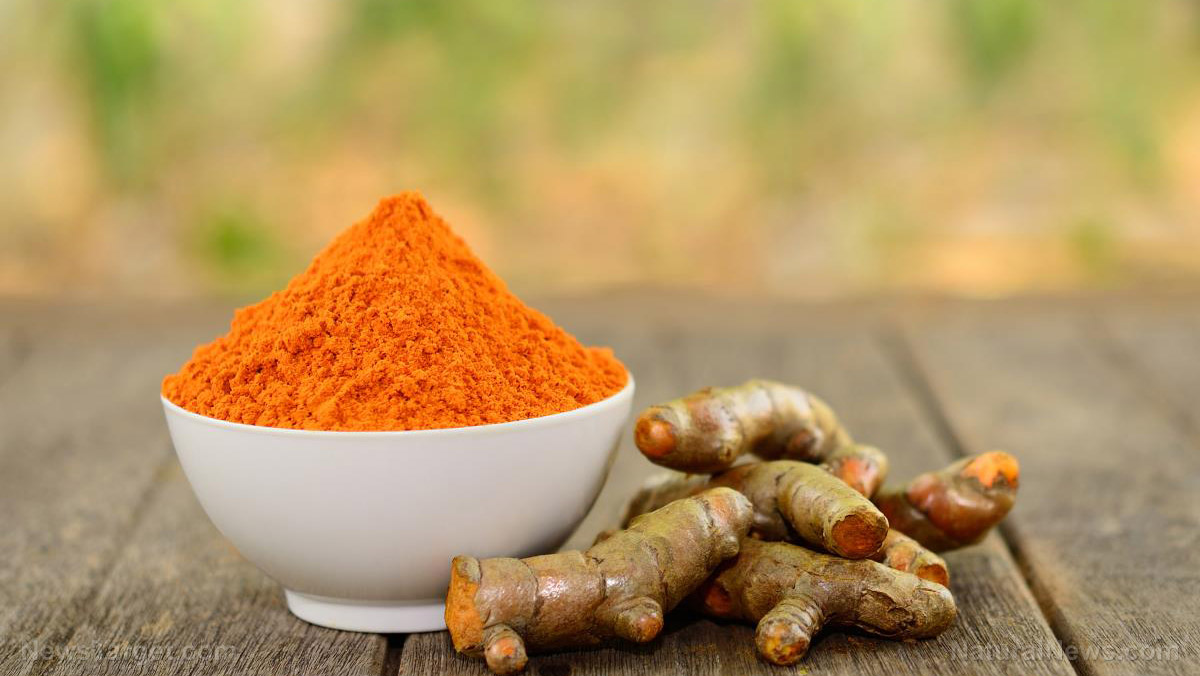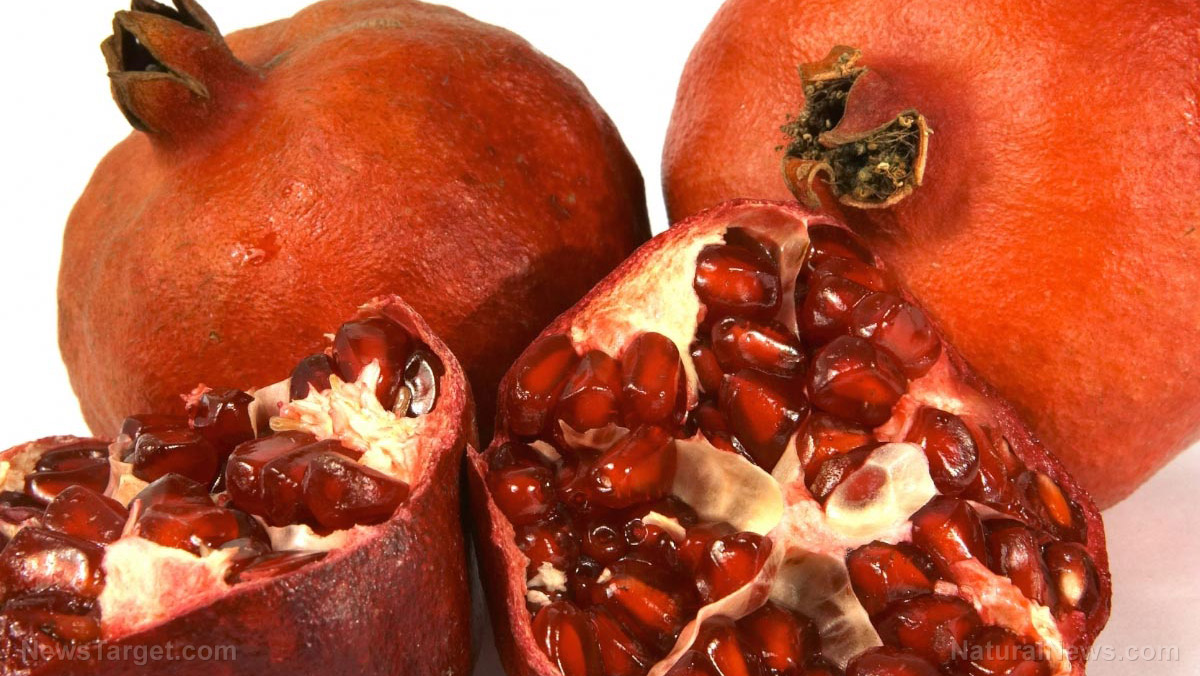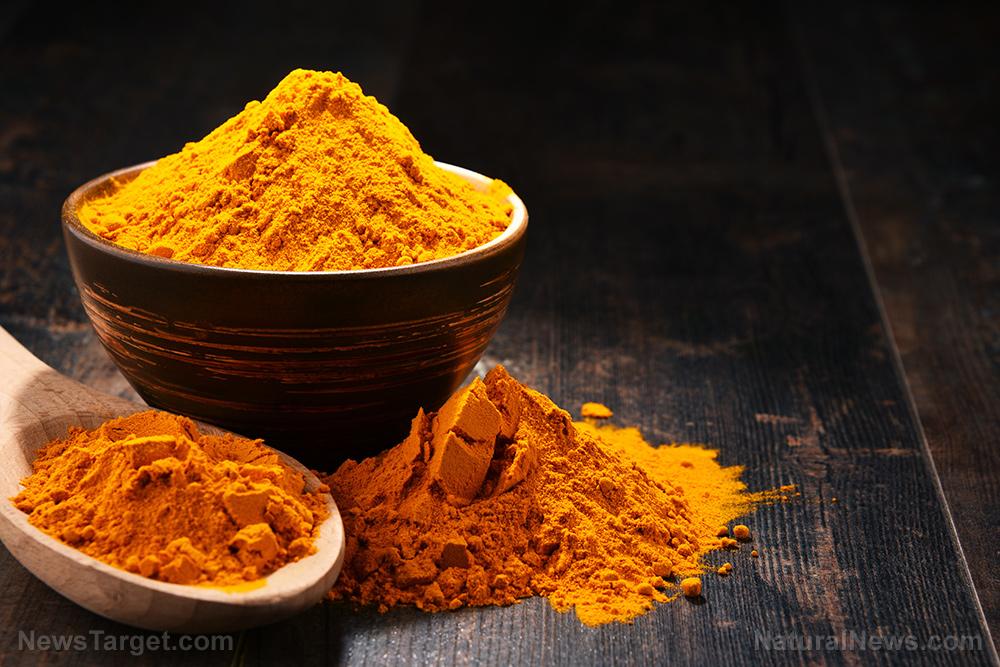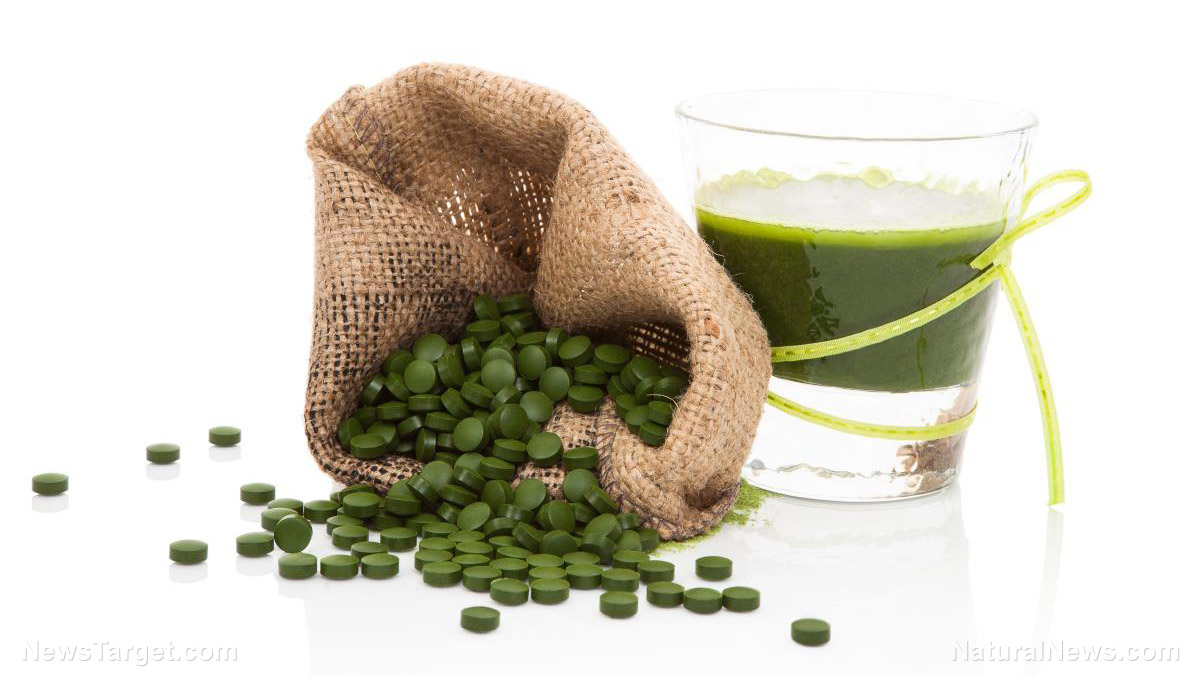Halve your chances of dying from cancer by supplementing with selenium
12/28/2018 / By Michelle Simmons

You can prevent cancer naturally by taking selenium supplements. Many studies have reported that selenium protects you from prostate cancer and colorectal cancer — two of the most common forms of cancer. Selenium deficiency has been linked to two to three times increase in overall cancer risk, particularly bladder, esophagus, lung, stomach, and liver cancers. It has also been associated with an eight-fold increase in thyroid cancer risk, as selenium is important for proper thyroid functioning. (Related: The mineral selenium proves itself as powerful anti-cancer medicine.)
There are three forms of selenium that have powerful cancer-fighting properties: L-selenomethionine, selenium-methyl L-selenocysteine, and sodium selenite.
Research shows that L-selenomethionine, an organic compound of selenium, can slash cancer risk by 50 percent. L-selenomethionine is composed of selenium combined with L-methionine, an amino acid. It is found in most preparations of selenium-enriched brewer’s yeast. Its cancer-fighting effect was first discovered in a 1996 study, wherein it was originally examined for its protective effect against skin cancer.
While it was found to be ineffective on skin cancer, it prevented the study’s supplemented group from dying from cancer. It also slashed the risk of developing lung cancer, colorectal cancer, and prostate cancer by 37 percent.
Further research revealed that L-selenomethionine supplementation could reduce prostate cancer rate between 63 to 74 percent, depending on the men’s histories and levels of prostate specific antigen. Another study of individuals with precancerous esophageal changes showed that intake of 200 micrograms (mg) of L-selenomethionine hampered the progression of potentially cancerous cells. It also triggered these cells to go back to normal.
Selenium-methyl L-selenocysteine is an organic compound of selenium paired with L-cysteine, a sulfur-containing amino acid with specific cancer-fighting abilities. This form of selenium stops the ability of tumors to form new blood vessels, significantly inhibiting tumor growth.
Sodium selenite can protect against cancer by destroying cancer cells. This inorganic form of selenium produces toxic reactive oxygen species and kills cell mitochondria in tumor cells. Interestingly, it does not harm healthy cells. Sodium selenite also protects healthy tissue from free radical damage by enhancing antioxidant activity. Additionally, it promotes repair of damaged DNA, hampering new cancer development.
A clinical study revealed that sodium selenite increased immune system activity in people with aggressive head and neck cancers. In turn, this dramatically increased the destruction of tumor cells. Another study found that taking 500 mcg of sodium selenite daily for three years cut the occurrence of new liver cancer cases by half in Chinese men living in high-risk areas for liver cancer.
How selenium fights cancer
Selenium’s multiple methods of action target cancer in various ways. Selenium prevents potentially cancerous cells from progressing into full-blown tumors. It does this by suppressing the inflammatory molecules that promote cancer growth, using antioxidants to reduce oxidative stress, eliminating carcinogenic toxins and heavy metals from the body, and preventing the alteration of DNA.
Selenium also inhibits cancer development by ending the replication cycle of cancer cells, restricting tumor growth and invasion, and inducing cancer cell death.
Other benefits of selenium
Selenium is not limited to its cancer-fighting properties. According to a number of studies, it can offer the following benefits:
- Prevent heart disease
- Help prevent mental decline and enhance memory
- Keep the thyroid healthy
- Strengthen the immune system
- Help improve asthma symptoms
Read more news stories and studies on natural ways to fight cancer by going to Anticancer.news.
Sources include:
Tagged Under: anticancer, cancer risk, cancer treatment, L-selenomethionine, minerals, natural medicine, Natural Treatments, prevention, selenium, selenium supplements, selenium-methyl L-selenocysteine, sodium selenite, supplements


















